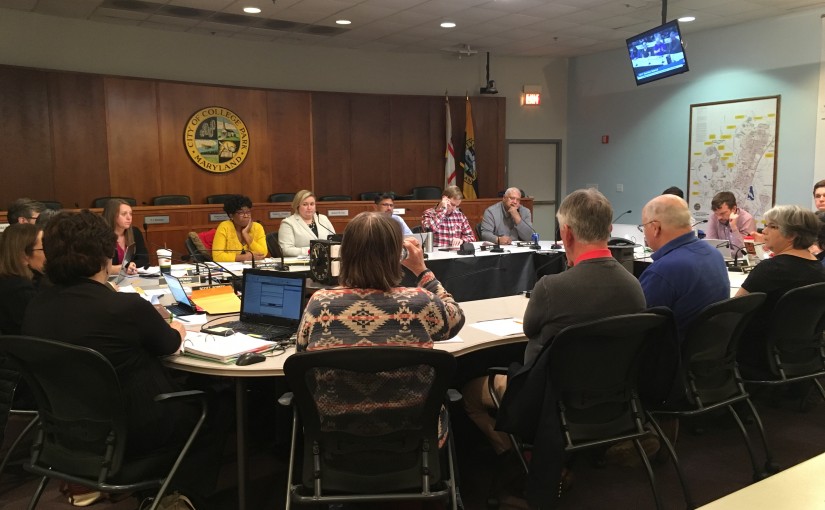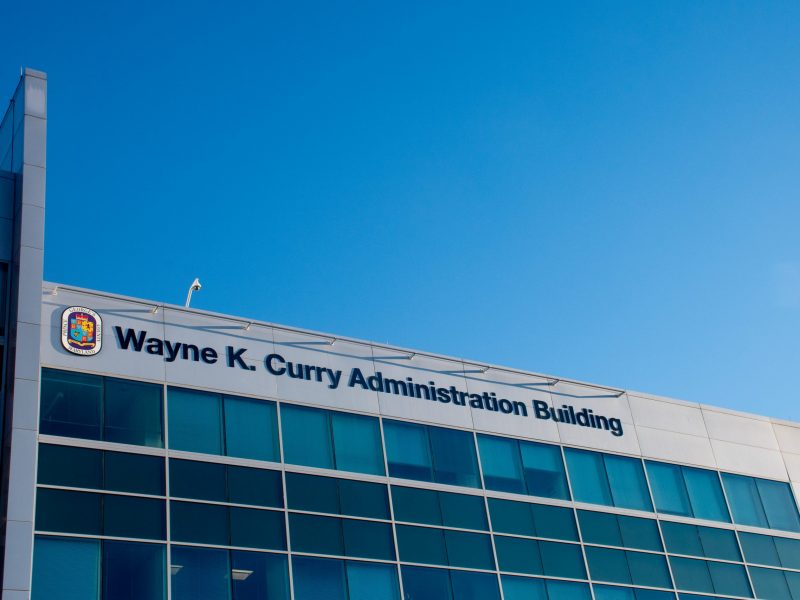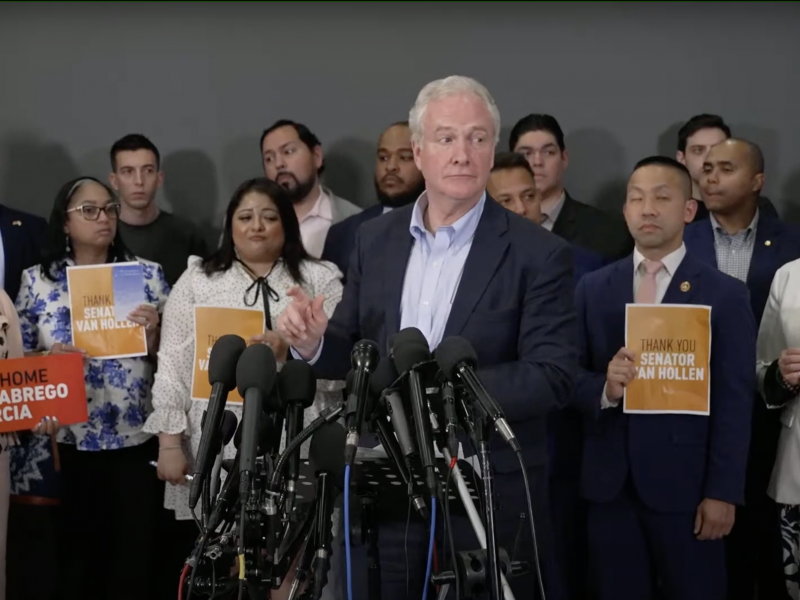The College Park City Council decided Tuesday night which version of a new charter amendment they will introduce to correct a supermajority voting requirement that violates state law.
“The state law requires that we cannot have supermajority votes, meaning six votes, to pass a charter change,” District 1 Councilman Fazlul Kabir said. “So to change the charter, we must have [a] supermajority, but this is against state law.”
[Read more: College Park City Council says 6-vote requirement to amend city charter violates state law]
On Sept. 12, the council voted 4-3, with one abstention, to adopt a proposed charter amendment that would have allowed non-U.S. citizens to vote in College Park. Though it appeared to pass, officials announced three days later that the body needed at least six affirmative votes in order to pass any future charter changes, according to a policy effective since June.
However, a legal review determined that a six-vote requirement to pass a charter change is inconsistent with state law. The law requires affirmative votes from a majority for charter changes, which in the case of this eight-member body, would be five votes, not six. The council aims to remedy the charter’s state law violation with the current proposed charter change.
[Read more: College Park City Council unanimously votes to repeal and replace city charter]
The measure the council chose Tuesday calls for a simple majority threshold for charter amendments — rather than a supermajority requirement — and maintains the mayor’s current voting role. This change is more consistent with state law for passing charter amendments, Mayor Patrick Wojahn said.
District 2 Councilman P.J. Brennan supported another option for the amendment, which would have changed the mayoral role. A portion of it proposed allowing the mayor to vote in various situations — which includes alterations of assessments and transferring funds between major budget items — regardless of whether there’s a tie.
“Even in a scenario where there’s a 4-3-1 vote and there’s a vote of 5 is required … the mayor’s participation does not need to be a ‘pro’ vote; it could be a ‘nay’ vote, and it could even be an abstention,” he said. “But at least that vote would give the answer to the community that more definitively we are moving forward.”
In the current proposal, in order for a charter amendment to pass, there must be at least five votes, even if a member abstains or is not present. Only in the case of a 4-4 tie will the mayor have the opportunity to vote, Wojahn said.
District 3 Councilman John Rigg spoke against the measure that was passed, adding that allowing the mayor to only vote in tie-breaking situations wouldn’t be constructive.
“The mayor would be unable to vote except for the mandated vote … thereby enabling the minority to subvert the will of the majority,” he said. “I thought we were in a place where a majority vote on this council would result in an action being taken or it not being taken.”
The public can petition for a referendum by collecting the signatures of 20 percent of qualified voters within 40 days. If no one petitions a referendum, the amendment becomes effective on the 50th day, according to the Maryland Constitution.
“I’m looking at it from just the simple fact we’re here to do a good job, we’re here to have a simple discussion about the issues,” District 3 Councilman Robert Day said.
There will be a public hearing on Feb. 27 to discuss the proposed charter amendment. The vote on this amendment will likely be at the same meeting, Wojahn said.



